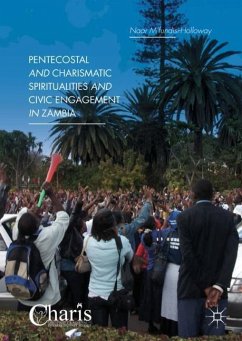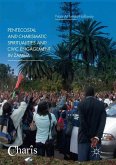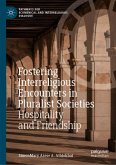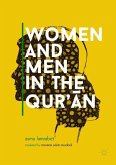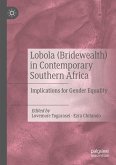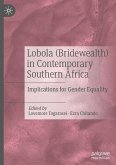For the past sixty years, the Pentecostal and Charismatic movement has played a major role in Zambia. In this book, Naar Mfundisi-Holloway explains the history of this development and its impact on civic engagement. She opens a discussion on church-state relations and explains how the church presented a channel of hope in the wake of the HIV/AIDS pandemic, despite having a history that eschewed civic engagement. In fact, the pandemic propelled the church to work alongside the state in the fight against the disease. Using interviews and historical analysis, this book provides valuable insight into how Pentecostal and Charismatic churches have effectively engaged matters of civic concern in Zambia dating from colonial times.
"Naar M'fundisi-Holloway's Pentecostal and Charismatic Spiritualties and Civic Engagement in Zambia is a well researched examination of the historical journey of the Zambian Pentecostal/Charismatic church's efforts at civic engagement from 1964 to 2012. ... this text is a worthy project which narrates the transition of the Zambian church from viewing civic engagement with suspicion to it becoming a major player in the social welfare of the nation." (Jan B. Drayer, Pneuma, Issue 01, 2019)

